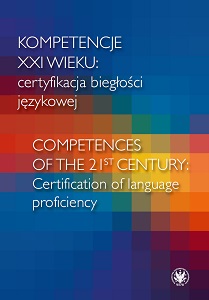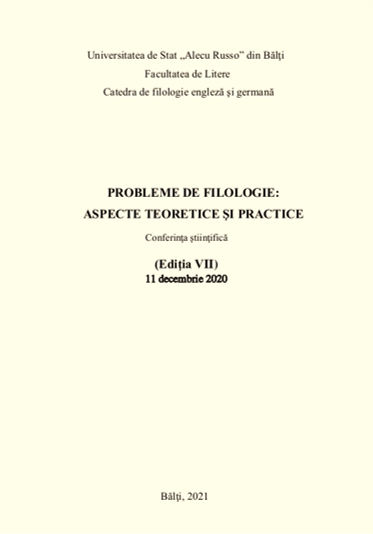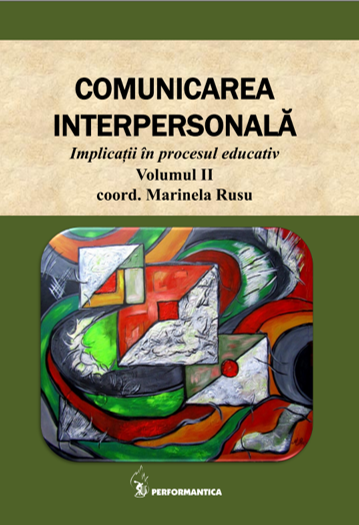
The predicament of assessment
James Clifford (1988) in his seminal book The Predicament of Culture analyses deceptive accounts of other cultures presented from one’s own perspective. Drawing on this analysis I would like to reflect on examinations and certification looking at quantitative evaluation seen from the qualitative standpoint as well as at qualitative assessment viewed from the quantitative stance.
More...

